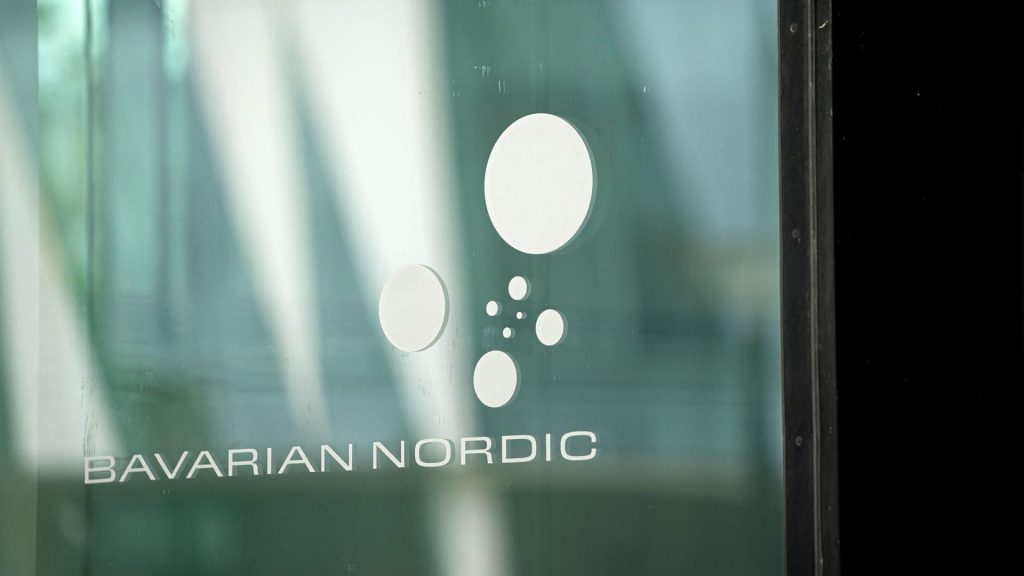Shares of Danish biotech company Bavarian Nordic jumped more than 12% in early deals on Thursday after it reported stronger-than-expected earnings and announced a bumper vaccine order from an unnamed European country amid the ongoing mpox outbreak.
Bavarian Nordic reported second quarter revenues of 1.43 billion Danish krone ($213 million) and operating profit of 420 million krone, ahead of analyst expectations cited by Reuters.
Shares were up 11.3% by 9:44 a.m. London time.
In a statement on Wednesday, the firm also said it had received a 440,000 dose contract to supply mpox and smallpox vaccines to an undisclosed European country.
The order was planned as part of Bavarian Nordic’s original 2024 guidance and, as such, will not impact remaining capacity this year, the company said.
It comes after the World Health Organization last week declared mpox a global public health emergency following the spread of an outbreak in the Democratic Republic of Congo (DRC) to neighboring countries.
CEO Paul Chaplin said the order showed a growing acknowledgement from some countries of the need for greater preparedness following an earlier outbreak in 2022.
“Since the last mpox outbreak in 2022/23 Bavarian Nordic has established a strong strategic partnership with a number of authorities that have recognized the need to improve their preparedness against smallpox and mpox,” he said in a statement.
He added that the company still has capacity to supply up to 10 million doses of the vaccine by the end of next year, two million of which will be available over the course of this year.
All vaccines under the 440,000 order contract will be delivered in 2024, bringing the total value of secured contracts in the Public Preparedness business close to DKK 3 billion, the company said.
As such, Bavarian Nordic said it could confirm its new guidance for the year at the upper end of its range, with aggregated revenue of approximately DKK 5.3 billion and earnings before interest, taxes, depreciation, and amortization of approximately DKK 1.35 billion.
Read the full article here
